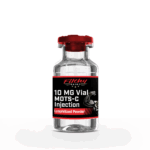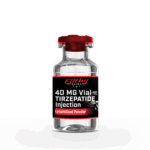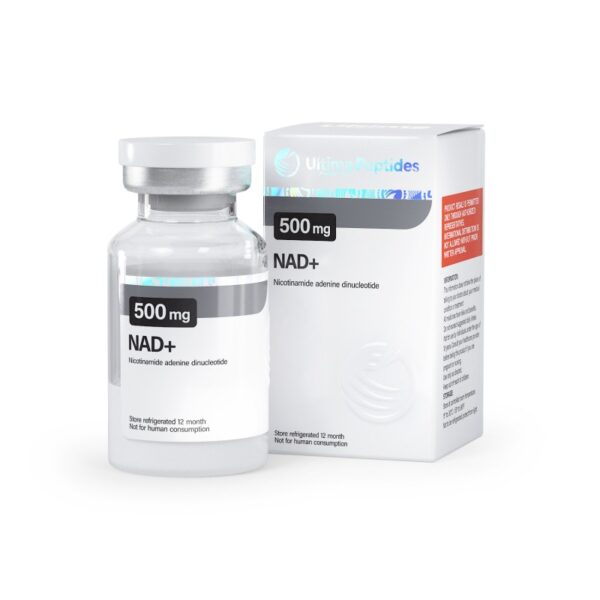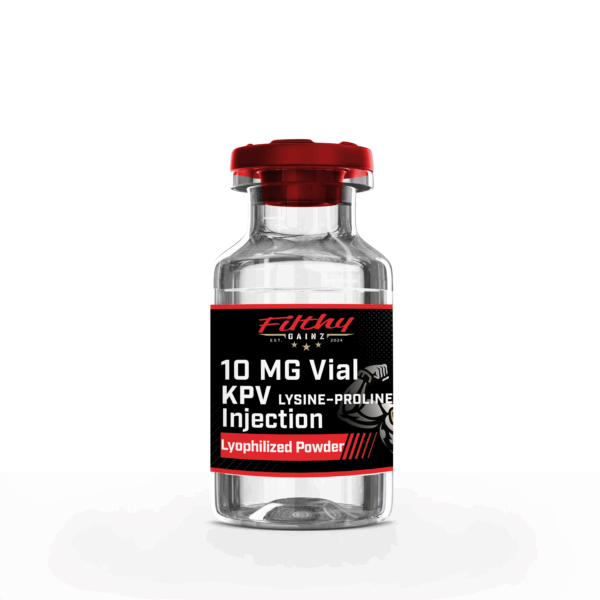

KPV 10mg Vial – Lysine–Proline–Valine (tripeptide)
$54.99
-
Name: KPV (Lys-Pro-Val)
-
Sequence: Lysine–Proline–Valine (tripeptide)
-
Molecular Formula: C₁₅H₂₈N₆O₄
-
CAS Number: 3640-58-
Benefits of KPV
- Can treat a wide variety of inflammatory conditions
- Application to herpes: It is being explored for dermatological disorders, including those potentially related to herpes, due to its anti-inflammatory role.
- Can strengthen the immune system
- Can acts as an anti-microbial
- Can improve skin health
- Used in healing wounds & injuries
- Helps with gut health, Inflammatory Bowel Diseases (IBD) and colitis
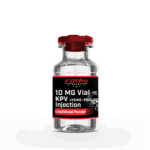
KPV 10mg Vial – Lysine–Proline–Valine (tripeptide)
$54.99
- Description
Description
KPV is a peptide that is naturally produced in the body. It is found in the hormone alpha-MSH. This relatively newer peptide is an alpha melanocyte-stimulating hormone. The latest research on hormones in this class have shown immunomodulating and anti-inflammatory effects. KPV has many uses with both auto-immune and inflammatory conditions.
This peptide comes as a cream, injectable, and oral capsules. The route of administration depends on what area needs to be targeted. KPV works very well as a topical cream for things such as acne, eczema and psoriasis. In an oral form, it can help with ulcerative colitis, irritable bowel syndrome, and Crohn’s disease. The injectable is used for an overall systemic anti-inflammatory effect.
- Primary function: An antimicrobial peptide that shows direct antiviral activity against herpes simplex virus (HSV).
- Application to herpes:
- Has shown a direct virucidal effect, significantly reducing viral yield by impairing the virus’s ability to attach and penetrate cells.
- Is active against acyclovir-resistant HSV strains.
- Has shown synergistic effects when combined with acyclovir.
Anti-Inflammatory
An overwhelming body of clinical evidence suggests that KPV exerts its strong anti-inflammatory properties through various important mechanisms. KPV exerts its anti-inflammatory function inside cells, where it inactivates inflammatory pathways. KPV can enter the cell and interacts directly with inflammatory signaling molecules. It enters the nucleus of the cell and once it’s there, it can inhibit the inflammatory substances and molecules. This leads us to the many benefits KPV has on the gut.
KPV can stop the proinflammatory mechanisms in both intestinal epithelial cells and immune cells. It can interact directly with immune cells which can reduce inflammation. KPV significantly decreased inflammation in colitis. It decreases the inflammatory response by inhibiting proinflammatory cytokine (molecule) synthesis and secretion. KPV may help in the case of IBDs through inhibited immune responses.
Anti-Microbial
KPV also has antimicrobial effects against pathogens. Its antimicrobial effects were demonstrated on two major pathogens called S. aureus and C. albicans. In one study, KPV significantly inhibited S. aureus from forming colonies. KPV, with its anti-inflammatory and anti-microbial properties, can be very helpful for combatting these microbes and healing wounds.
Wound Healing/Skin
Research in wound healing shows KPV can speed wound healing, reduce infection, fight inflammation, and lead to better cosmetic results. These benefits occur at physiologic concentrations which means KPV could help prevent infection in the setting of serious wounds like burns.
KPV is able to reduce the kind of inflammation that leads to a hypertrophic scar (keloid) formation. Administering KPV (a-MSH) in this setting leads to smaller scars and less drastic inflammatory response. Part of the benefit in reducing scar prominence appears to come from its ability to modulate collagen metabolism.
KPV has significant antimicrobial and anti-inflammatory properties especially in those with psoriasis. Psoriasis is a chronic autoimmune condition that causes the rapid build-up of skin cells and is usually treated using hydrocortisone. In people with psoriasis, KPV has shown to limit symptoms of the condition including itchiness, dryness, redness, peeling, and more. Therefore, KPV could be used for an extended period of time without risking the unwanted complications of long-term steroid therapy.
-
Conclusion
KPV is a potent anti-inflammatory peptide that can help many conditions. Most of the research involved is targeting the treatment of IBD (irritable bowel disease) where results have been very positive. KPV is shown to be safe when administered orally, subcutaneously and topically. KPV is a naturally derived peptide without any notable side effects. Research has shown that KPV offers a host of benefits that speed wound healing, reduce infection and fight inflammation.
Related Products
-
Peptides, Peptides USA, Peptides, Peptides USA, Ultima, USA Warehouse
Ultima-NAD+
0 out of 5$179.99Original price was: $179.99.$159.99Current price is: $159.99. -
Injectable Steroids, Nakon Medical, Peptides, Peptides USA, Peptides, Peptides USA, USA Warehouse
Nakon Semaglutide 5mg
0 out of 5$119.99Original price was: $119.99.$109.99Current price is: $109.99. -
Filthy Gainz, LTD, Peptides, Peptides USA, Peptides, Peptides USA, USA Warehouse
Bacteriostatic Water 30ml
0 out of 5$19.99Original price was: $19.99.$14.99Current price is: $14.99. -
Int'l Warehouse 3, International Warehouse, Peptides, Peptides USA, Ultima
Ultima-IGF-1 LR3 0.1mg-int
0 out of 5$48.38Original price was: $48.38.$24.99Current price is: $24.99. -
Peptides, Peptides USA, Ultima, USA Warehouse
Ultima-Glutathione 200mg/ml
0 out of 5$99.99Original price was: $99.99.$69.99Current price is: $69.99.

